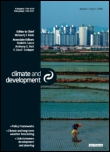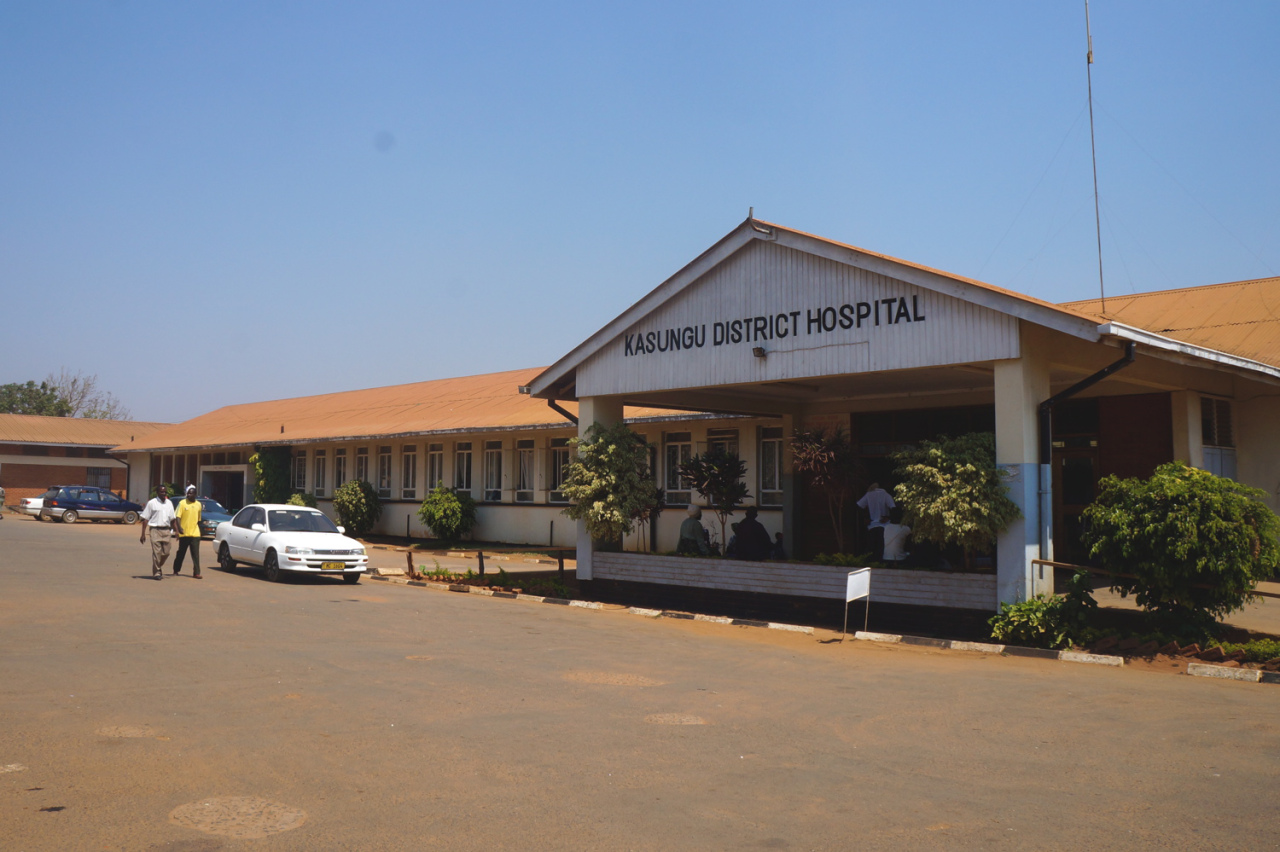Abstract
 This article explores the ways in which the interlinked challenges of climate change and desertification are managed in Malawi1. It examines the adaptations outlined in national policy to address desertification and climate change (in accordance with international commitments to the United Nations Convention to Combat Desertification and the United Nations Framework Convention on Climate Change) as well as the local autonomous adaptations being undertaken at household level. While policy efforts to address desertification and climate change share some common ground, they appear to be poorly mainstreamed into broader development processes at the national level. At the same time, many agricultural and livelihood adaptations outlined in national policy focus primarily on rural areas rather than embracing the rural—urban flows of people and money, identified as vital in the local-level analyses. Given current in-country migration patterns and Malawi’s rapid urbanization, this is an important oversight. A more integrated approach is necessary within national policy to consider rural and urban areas and their interlinkages, and play a stronger facilitating role in supporting local autonomous adaptations. This is vital if adaptation efforts are to contribute to wider development goals and have a greater impact on increasing overall resilience to environmental and climate change.
This article explores the ways in which the interlinked challenges of climate change and desertification are managed in Malawi1. It examines the adaptations outlined in national policy to address desertification and climate change (in accordance with international commitments to the United Nations Convention to Combat Desertification and the United Nations Framework Convention on Climate Change) as well as the local autonomous adaptations being undertaken at household level. While policy efforts to address desertification and climate change share some common ground, they appear to be poorly mainstreamed into broader development processes at the national level. At the same time, many agricultural and livelihood adaptations outlined in national policy focus primarily on rural areas rather than embracing the rural—urban flows of people and money, identified as vital in the local-level analyses. Given current in-country migration patterns and Malawi’s rapid urbanization, this is an important oversight. A more integrated approach is necessary within national policy to consider rural and urban areas and their interlinkages, and play a stronger facilitating role in supporting local autonomous adaptations. This is vital if adaptation efforts are to contribute to wider development goals and have a greater impact on increasing overall resilience to environmental and climate change.





No comments! Be the first commenter?